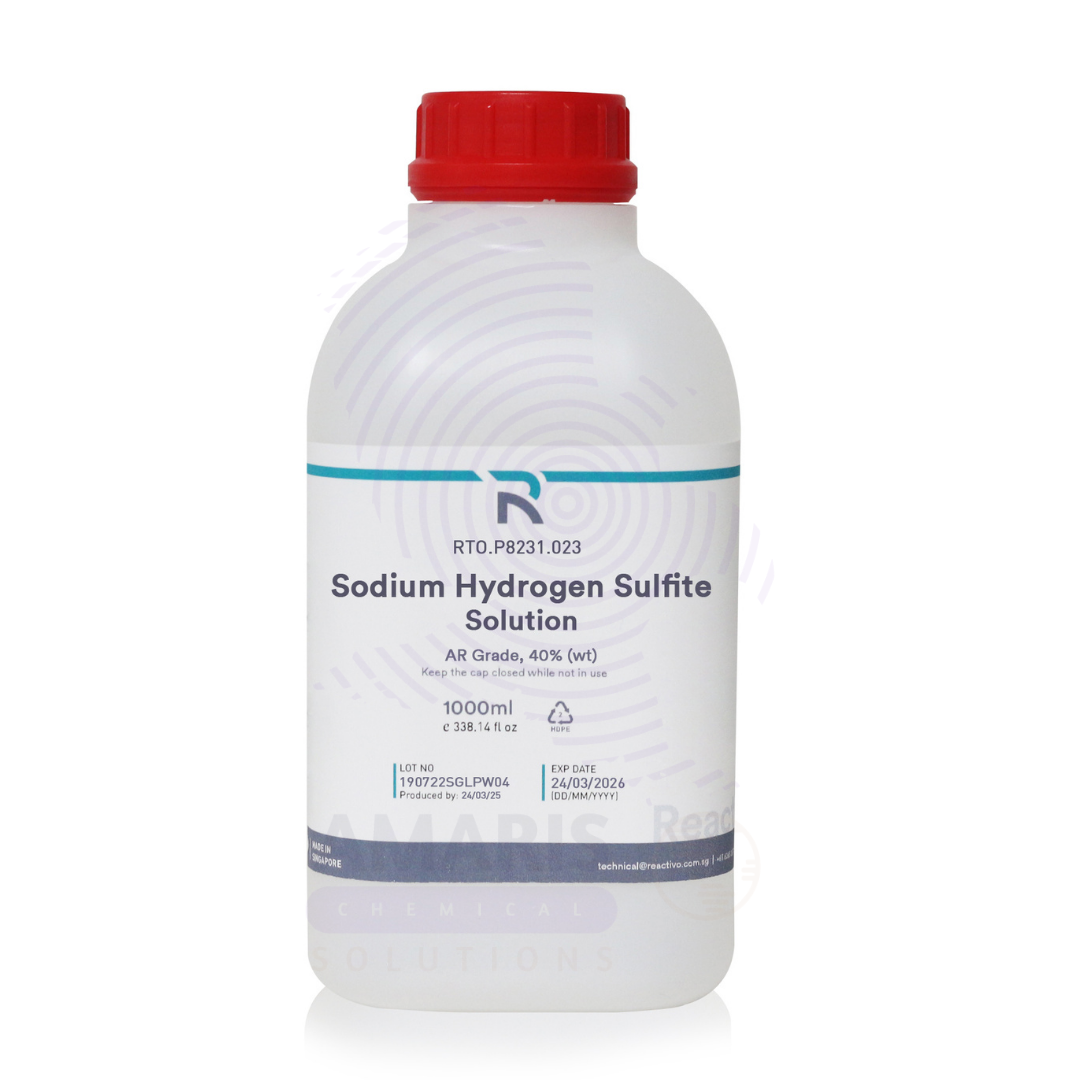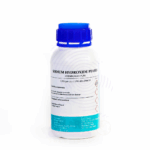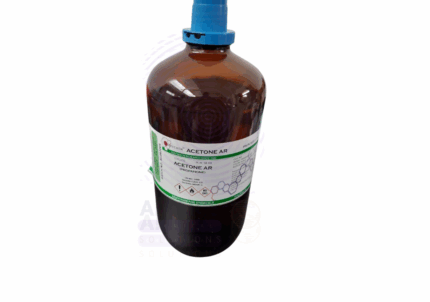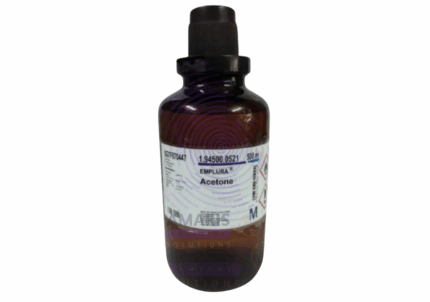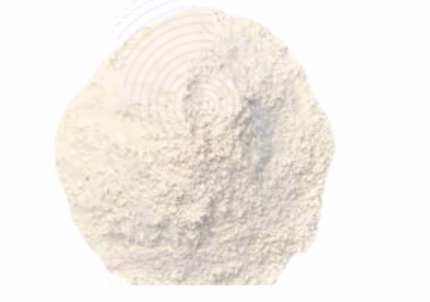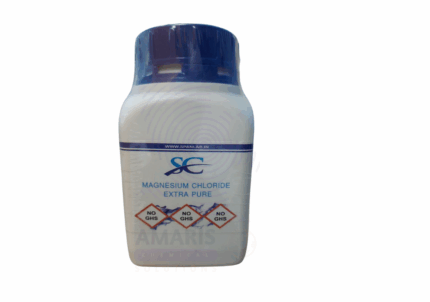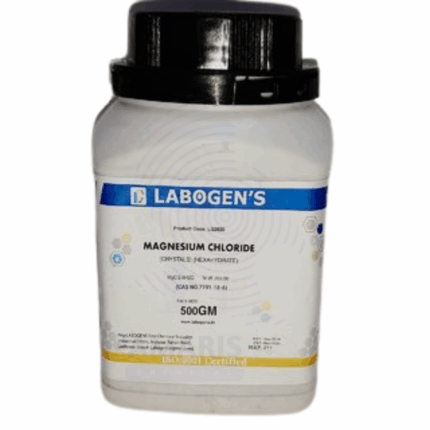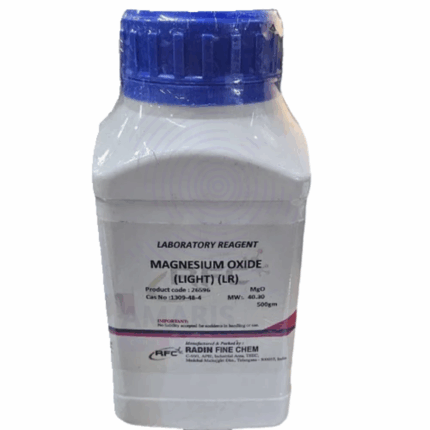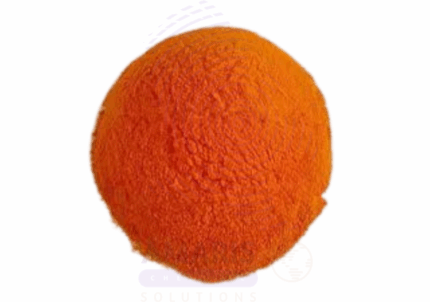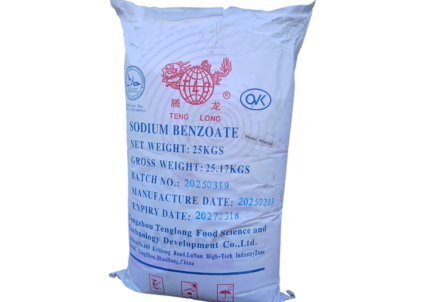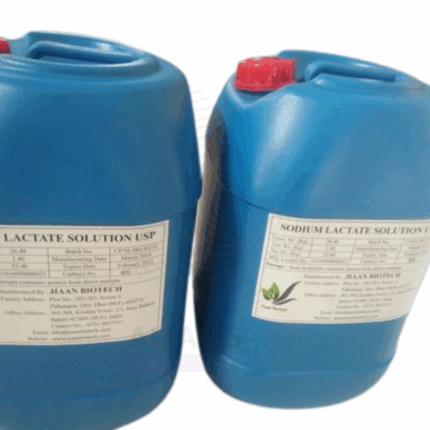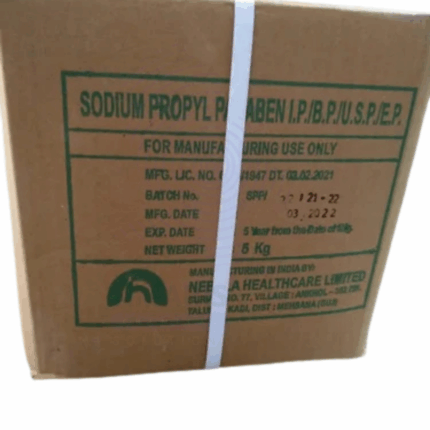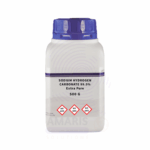
Sodium Hydrogen Sulphite Extra Pure
$ 18.66 Original price was: $ 18.66.$ 18.54Current price is: $ 18.54.
Sodium Hydrogen Sulphite Extra Pure is a white to pale yellow crystalline powder with a pungent sulfur dioxide odor. It is a versatile reducing agent widely used in laboratory, industrial, and food applications for its antioxidant, preservative, and dechlorinating properties. In laboratories, it serves as a reagent for redox reactions and oxygen scavenging. It is also used in water treatment for chlorine removal and in food processing as an antimicrobial and antioxidant agent (E221). Due to its ability to release sulfur dioxide gas, careful handling and storage in sealed containers are essential to maintain quality and ensure safety. The Extra Pure grade ensures high purity suitable for analytical, pharmaceutical, and food industry applications.
Sodium Hydrogen Sulphite Extra Pure
PRIMARY USES
- Analytical Reagent & Laboratory Applications:
Used as a reducing agent in chemical synthesis and analytical chemistry
• Employed in redox titrations and oxygen scavenging in laboratory processes
• Acts as a preservative to prevent oxidation in various chemical preparations - Water Treatment:
Applied for dechlorination and removal of excess chlorine in water treatment plants
• Used to reduce oxygen content and prevent corrosion in boiler feedwater systems - Food Industry:
Serves as a food preservative and antioxidant to prevent spoilage and discoloration (E221)
• Used in wine, beer, and fruit juice production to inhibit microbial growth and oxidation - Pharmaceutical & Cosmetic Industry:
Utilized as a reducing agent in the manufacture of certain pharmaceuticals and cosmetics
• Helps maintain product stability by preventing oxidation - Textile & Dyeing Industry:
Used as a reducing agent in dye bleaching and color correction processes
• Helps fix dyes and improve fabric brightness
SECONDARY USES
- Pulp and Paper Industry:
Used in pulp bleaching processes as a reducing agent - Photography:
Acts as a chemical in photographic developing solutions to reduce silver halides
1. Basic Identification Attributes
- Chemical Name: Sodium Hydrogen Sulphite
• CAS Number: 7631-90-5
• HS Code: 2831.20.00
• Molecular Formula: NaHSO₃
• Synonyms:
- Sodium bisulfite
- Sodium bisulphite
- Disodium hydrogen sulfite
2. Physical & Chemical Properties
Physical State: Solid (crystalline powder)
• Color & Odor: White to pale yellow, pungent sulfur dioxide odor
• Melting Point: Decomposes before melting (approx. 150 °C)
• Density: About 1.48 g/cm³
• Solubility:
- Highly soluble in water
- Insoluble in ethanol
• pH Level: Acidic to neutral aqueous solution (pH ~4-5)
• Vapor Pressure: Not significant
• Flash Point: Not flammable
3. Safety & Hazard Attributes
Hazard Class (GHS Classification):
- Skin irritation (Category 2)
- Eye irritation (Category 2A)
- Respiratory sensitizer in some cases
• NFPA Ratings: - Health: 2
- Flammability: 0
- Reactivity: 1
• Exposure Limits: - No specific OSHA PEL; avoid inhalation of dust and fumes
• Reactivity: - Decomposes releasing sulfur dioxide gas on heating
- Reacts with acids releasing toxic gases
4. Storage & Handling Attributes
Storage Conditions:
- Store in a cool, dry, well-ventilated area away from acids and oxidizers
- Keep containers tightly closed
• Incompatible Materials: - Strong acids
- Oxidizing agents
• Container Type: - Plastic or sealed metal drums
• Shelf Life: - Stable if kept dry and sealed
• Special Handling Requirements: - Use protective gloves, goggles, and dust mask
- Avoid dust generation and inhalation
5. Regulatory & Compliance Attributes
Regulatory Status:
- Approved for limited food use as preservative (E221)
- Listed under REACH and EPA inventories
• Transportation Restrictions: - Not classified as hazardous for transport under normal conditions
• Waste Disposal Method: - Dispose according to local environmental regulations; avoid release to environment
6. Environmental & Health Impact
Ecotoxicity:
- Moderate toxicity to aquatic life; avoid discharge into waterways
• Persistence in Environment: - Breaks down relatively quickly under aerobic conditions
• Carcinogenicity/Mutagenicity: - Not classified as carcinogenic or mutagenic
• Biodegradability: - Biodegradable with moderate persistence
SAFETY PRECAUTIONS
Personal Protective Equipment (PPE):
• Wear chemical-resistant gloves
• Use safety goggles or face shield
• Use dust mask or respirator if dust is present
• Wear protective clothing
Handling:
• Handle in a well-ventilated area
• Avoid inhalation of dust and fumes
• Prevent contact with skin and eyes
• Wash hands after handling
Storage:
• Store in tightly sealed containers in a cool, dry place
• Keep away from acids, oxidizers, and moisture
FIRST AID MEASURES
Inhalation:
• Move to fresh air immediately
• Seek medical attention if breathing difficulties occur
Skin Contact:
• Wash skin thoroughly with soap and water
• Remove contaminated clothing
• Seek medical advice if irritation develops
Eye Contact:
• Rinse eyes immediately with plenty of water for at least 15 minutes
• Seek medical attention promptly
Ingestion:
• Rinse mouth with water
• Do not induce vomiting unless directed by medical personnel
• Seek medical attention if symptoms occur
FIRE FIGHTING MEASURES
Flammability:
• Non-flammable
Extinguishing Media:
• Use water spray, foam, dry chemical, or CO₂
Hazardous Combustion Products:
• Releases sulfur dioxide and other toxic gases on decomposition
Firefighter Protection:
• Wear self-contained breathing apparatus and full protective gear


 Preservatives(food)
Preservatives(food) Flavor Enhancers
Flavor Enhancers Acidulants
Acidulants Sweeteners
Sweeteners Antioxidants
Antioxidants Colorants(food)
Colorants(food) Nutraceutical Ingredients (food)
Nutraceutical Ingredients (food) Nutrient Supplements
Nutrient Supplements Emulsifiers
Emulsifiers
 Collectors
Collectors Dust Suppressants
Dust Suppressants Explosives and Blasting Agents
Explosives and Blasting Agents Flocculants and Coagulants
Flocculants and Coagulants Frothers
Frothers Leaching Agents
Leaching Agents pH Modifiers
pH Modifiers Precious Metal Extraction Agents
Precious Metal Extraction Agents
 Antioxidants(plastic)
Antioxidants(plastic) Colorants (Pigments, Dyes)
Colorants (Pigments, Dyes) Fillers and Reinforcements
Fillers and Reinforcements Flame Retardants
Flame Retardants Monomers
Monomers Plasticizers
Plasticizers Polymerization Initiators
Polymerization Initiators Stabilizers (UV, Heat)
Stabilizers (UV, Heat)
 Antifoaming Agents
Antifoaming Agents Chelating Agents
Chelating Agents Coagulants and Flocculants
Coagulants and Flocculants Corrosion Inhibitors
Corrosion Inhibitors Disinfectants and Biocides
Disinfectants and Biocides Oxidizing Agents
Oxidizing Agents pH Adjusters
pH Adjusters Scale Inhibitors( water)
Scale Inhibitors( water)
 Antioxidants(cosmetic)
Antioxidants(cosmetic) Emollients
Emollients Fragrances and Essential Oils
Fragrances and Essential Oils Humectants
Humectants Preservatives
Preservatives Surfactants(cosmetic)
Surfactants(cosmetic) Thickeners
Thickeners UV Filters
UV Filters
 Fertilizers
Fertilizers Soil Conditioners
Soil Conditioners Plant Growth Regulators
Plant Growth Regulators Animal Feed Additives
Animal Feed Additives Biostimulants
Biostimulants Pesticides (Herbicides, Insecticides, Fungicides)
Pesticides (Herbicides, Insecticides, Fungicides)
 Active Pharmaceutical Ingredients (APIs)
Active Pharmaceutical Ingredients (APIs) Excipients
Excipients Solvents(pharmaceutical)
Solvents(pharmaceutical) Antibiotics
Antibiotics Antiseptics and Disinfectants
Antiseptics and Disinfectants Vaccine Adjuvants
Vaccine Adjuvants Nutraceutical Ingredients (pharmaceutical)
Nutraceutical Ingredients (pharmaceutical) Analgesics & Antipyretics
Analgesics & Antipyretics
 Analytical Reagents
Analytical Reagents Solvents(lab)
Solvents(lab) Chromatography Chemicals
Chromatography Chemicals Spectroscopy Reagents
Spectroscopy Reagents microbiology-and-cell-culture-reagents
microbiology-and-cell-culture-reagents Molecular Biology Reagents
Molecular Biology Reagents Biochemical Reagents
Biochemical Reagents Inorganic and Organic Standards
Inorganic and Organic Standards Laboratory Safety Chemicals
Laboratory Safety Chemicals Specialty Laboratory Chemicals(Special Laboratory Equipment)
Specialty Laboratory Chemicals(Special Laboratory Equipment)
 Demulsifiers
Demulsifiers Hydraulic Fracturing Fluids
Hydraulic Fracturing Fluids Scale Inhibitors(oil)
Scale Inhibitors(oil) Surfactants(oil)
Surfactants(oil) Drilling Fluids
Drilling Fluids
 Dyes and Pigments
Dyes and Pigments Bleaching Agents
Bleaching Agents Softening Agents
Softening Agents Finishing Agents
Finishing Agents Antistatic Agents
Antistatic Agents
 Admixtures
Admixtures Waterproofing Agents
Waterproofing Agents Sealants and Adhesives
Sealants and Adhesives Curing Compounds
Curing Compounds Concrete Repair Chemicals
Concrete Repair Chemicals Anti-Corrosion Coatings
Anti-Corrosion Coatings
 Surfactants(cleaning)
Surfactants(cleaning) Builders
Builders Enzymes
Enzymes Solvents (Cleaning)
Solvents (Cleaning) Fragrances
Fragrances
 Electronic Chemicals
Electronic Chemicals Catalysts
Catalysts Lubricants
Lubricants Photographic Chemicals
Photographic Chemicals Refrigerants
Refrigerants Automotive chemicals
Automotive chemicals Pyrotechnic Chemicals
Pyrotechnic Chemicals
 Biodegradable Surfactants
Biodegradable Surfactants Bio-based Solvents
Bio-based Solvents Renewable Polymers
Renewable Polymers Carbon Capture Chemicals
Carbon Capture Chemicals Wastewater Treatment Chemicals
Wastewater Treatment Chemicals
 Pigments
Pigments Solvents(paint)
Solvents(paint) Specialty Coatings
Specialty Coatings Binders/Resins
Binders/Resins Additives
Additives Driers
Driers Anti-Corrosion Agents
Anti-Corrosion Agents Functional Coatings
Functional Coatings Application-Specific Coatings
Application-Specific Coatings
 Leavening Agents
Leavening Agents Dough Conditioners
Dough Conditioners Flour Treatments
Flour Treatments Fat Replacers
Fat Replacers Decoratives
Decoratives Preservatives(baking)
Preservatives(baking)
 Plasticizers & Softeners
Plasticizers & Softeners Reinforcing Agents
Reinforcing Agents Adhesion Promoters
Adhesion Promoters Vulcanizing Agents
Vulcanizing Agents Antidegradants
Antidegradants Blowing Agents
Blowing Agents Fillers & Extenders
Fillers & Extenders Accelerators & Retarders
Accelerators & Retarders